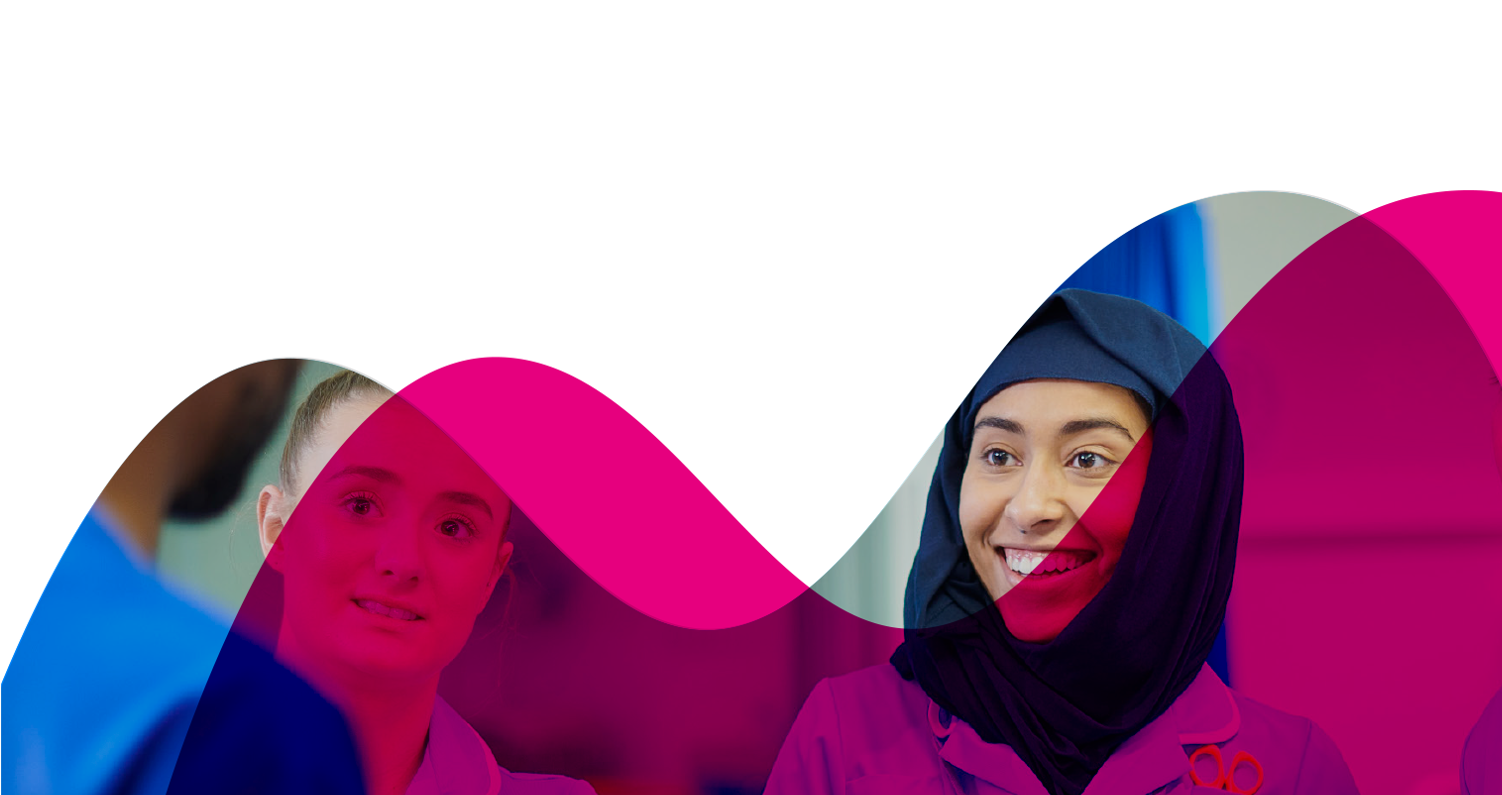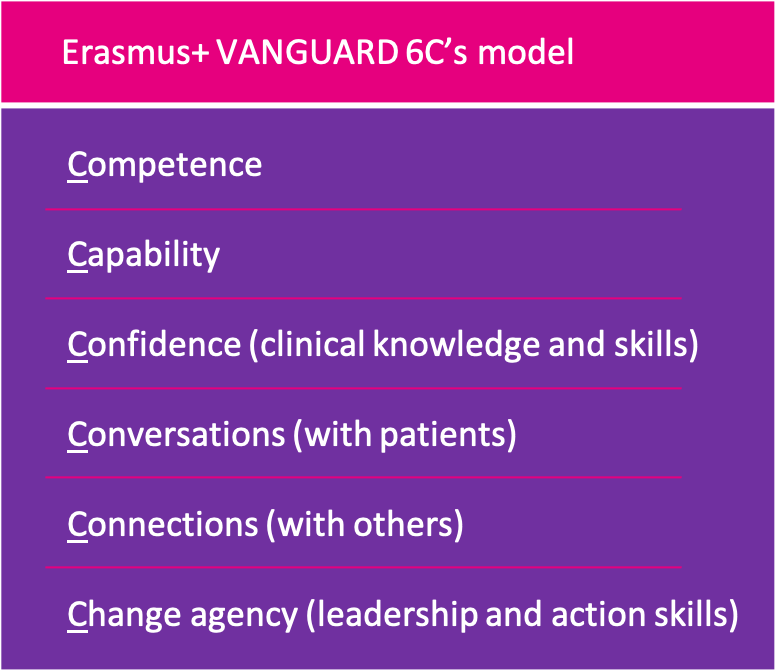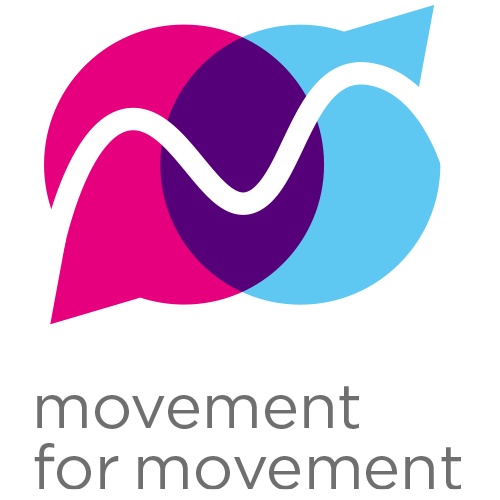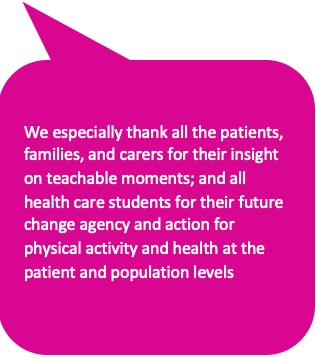
The World Health Organization (WHO)[i] recently published new guidance on the physical activity recommendations for populations across the life course, together with a whole systems approach[ii] to supporting greater physical activity levels in individuals and society. These recommendations supplement the existing UK Chief Medical Officers 2019 physical activity guidance[iii] and provide strategic and technical advice to highlight the critical importance of supporting exercise as prevention[iv], treatment, and rehabilitation[v] in patient care.
Many higher education institutions (HEIs) have recognised the need to strengthen knowledge, competence, capability, and confidence in physical activity brief interventions and leadership at scale within the undergraduate curricula for health. This means that all health care students can develop skills in conversations with patients and special populations around physical activity – the notion of ‘some is good, more is better’ is key. We hope that students will also strengthen connections within and across their networks and practise ‘change agency’ principles across their careers – from placements, to dissertations, to clinical practice and post qualification ambition. These form a 6C’s approach to implementation: competence, capability, confidence (clinical knowledge and skills), conversations (with patients), connections (with others) and change agency (leadership and action skills).

This Erasmus+ part-funded and supported #MovementForMovement final resource update will be current from 2020-2025. The themes of this resource update are to strengthen the abilities of all health care students to make a difference across their career as a health care professional in relation to physical activity advocacy. This strengthening of knowledge and support for a change agency approach means that patients and society will benefit from a future workforce that is fit for purpose to deliver transformational care and change within and across societal systems.
Why do we need to strengthen knowledge and change agency[vi] for physical activity more than ever?
The health and societal burden of noncommunicable diseases (NCDs), inequities[vii], the social determinants of health (SDoHs) and the WHO/UN Sustainable Development Goals (SDGs) provide powerful drivers for the need to re-evaluate the knowledge and skills required by health care professional (HCP) students to deliver impactful change across their careers.
The potential for the global health care education systems to benefit from this student initiated clinical expertise and societal leadership is tangible and possible. But only if we strengthen their learning and skills, now. The competencies, capabilities, confidence, conversations, connections, and change agency principles (the Erasmus+ VANGUARD 6C’s model) are core pedagogical themes evident across the resources and form the basis of an online, interactive, collaborative learning experience for students and Faculties. The Erasmus+ undergraduate resources will be implemented as part of the partnership with the five Erasmus+ EU medical schools and schools of health in Lithuania, France, Portugal, Greece and Estonia.
Time to strengthen systems and support physical activity brief interventions in clinical settings!
Now is the time to support health care student leadership (such as the #150Students initiative) and build on change agency by students for physical activity. The shared purpose is this: by the many (future HCPs), at the patient and NHS boardroom levels (NHS supported leadership environments) we can effect change that matters to patients and influences society at scale in ways that benefit everyone, our communities and the planet.
The students are indeed the VANGUARDs* of the future!
We hope students find the #MovementForMovement resources valuable so that they can feel accomplished in helping to protect and promote health for all: by making every contact count and every influence matter for physical activity.
Indeed, every move counts!
For guidance on how to use the resources, please see this walk-through guide


Author and Affiliations:
For more information follow and contact Honorary Associate Professor Ann B. Gates @exerciseworks
*Thank you to the EU Erasmus+ Collaborative Partnership VANGUARD project for their part-funding and support for the development of these educational resources. These resources have been strategically and financially supported by a European Union/World Health Organisation Europe Erasmus+ Collaborative Partnerships Grant 2020-2023 co-ordinated and led by the University of Wolverhampton, Exercise-Works Ltd, The University of Nottingham and Erasmus Partner organisations in France, Lithuania, Greece, Portugal, Estonia and the UK as part of the VANGUARD project.
The #MovementForMovement resources 2014-2025 are curated as a community of practice initiative led by Ann Gates and the work includes several editors, over fifty professional authors, peer reviewers, student reviewers, designers and the Nottingham University Hospitals NHS Trust, Patient and Public Participation Group. We are grateful to Seven Stones for their creative work on this project. We finally thank everyone who has supported and contributed to this vision.
All the resource content and images are bespoke to ensure inclusivity, diversity, to be non-stigmatising and enhance the understanding of equity.
[i] World Health Organisation 2020 Guidelines on physical activity and sedentary behaviour for children and adolescents, adults and older adults Accessed: https://apps.who.int/iris/bitstream/handle/10665/336656/9789240015128-eng.pdf?fbclid=IwAR1PFgZg9bUQ6HQmmT88B0QdHt3c203KG-OlQulvTUAPcALg-HTLUGY-oUw
[ii] World Health Organization 2019 Global Action Plan for Physical Activity (GAPPA) Accessed: https://www.who.int/news-room/initiatives/gappa/action-plan
[iii] UK CMO physical activity infographic series. Accessed: https://www.gov.uk/government/publications/physical-activity-guidelines-infographics
[iv] WHO physical activity facts. Accessed: https://www.who.int/news-room/fact-sheets/detail/physical-activity
[v] WHO Strengthening rehabilitation in health systems Accessed https://www.who.int/westernpacific/activities/strengthening-rehabilitation-in-health-systems
[vi] Change agency: NHS Horizons School for Change Agency. Accessed http://horizonsnhs.com/school/
[vii] Visualizing Health Equity: One Size Does Not Fit All Infographic Robert Woods Johnson Foundation Accessed: https://www.rwjf.org/en/library/infographics/visualizing-health-equity.html